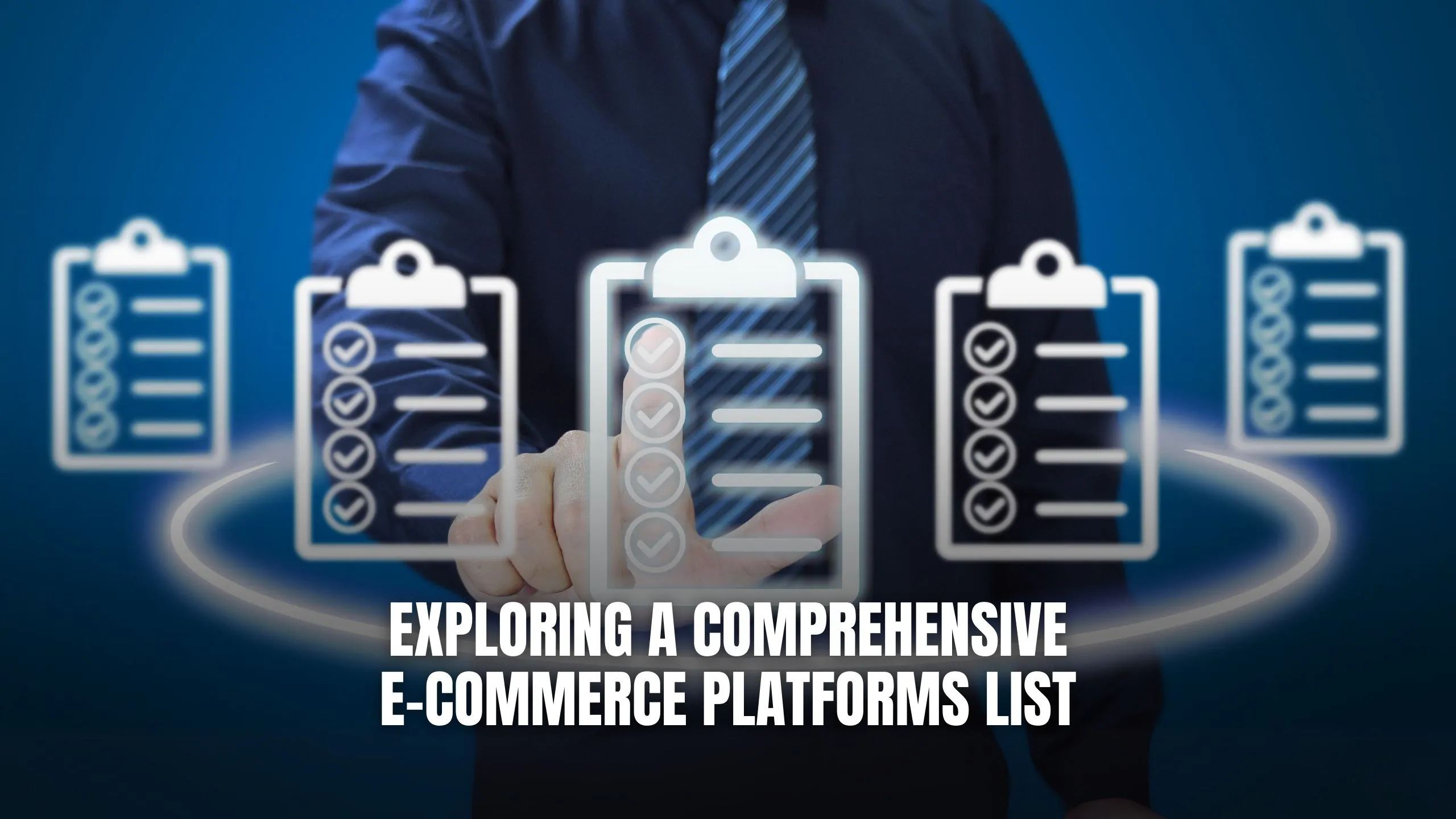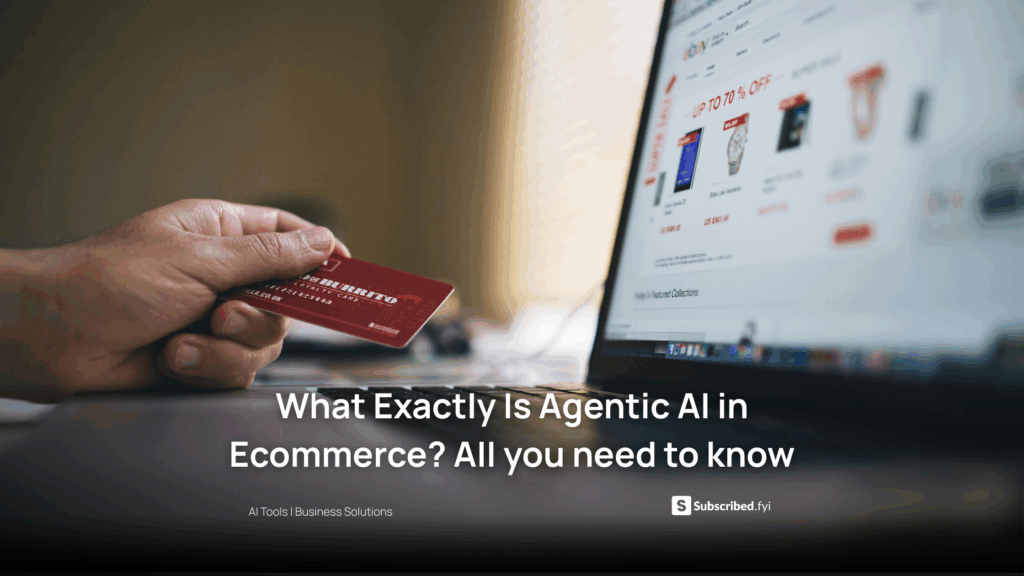Exploring a Comprehensive E-commerce Platforms List


Exploring a Comprehensive E-commerce Platforms List
Navigating the vast landscape of e-commerce platforms can be overwhelming for businesses seeking the perfect fit for their online store. Let’s delve into a comprehensive list of e-commerce platforms, each offering unique features and functionalities to cater to diverse business needs.
1. Shopify: The All-in-One E-commerce Solution
Shopify stands out as one of the most popular e-commerce platforms globally, known for its user-friendly interface and extensive range of features. Whether you’re a budding entrepreneur or an established enterprise, Shopify offers customizable templates, secure payment processing, and seamless integration with third-party apps, making it an ideal choice for businesses of all sizes.
2. WooCommerce: Flexibility with WordPress Integration
For businesses already leveraging the power of WordPress, WooCommerce provides a flexible and scalable e-commerce solution. Imagine you’re a blogger looking to monetize your website. With WooCommerce’s seamless integration, you can effortlessly transform your WordPress site into a fully functional online store, complete with customizable themes, product listings, and built-in payment gateways.
3. BigCommerce: Scalability and Growth Opportunities
BigCommerce caters to businesses aiming for scalability and growth in the competitive e-commerce landscape. Suppose you’re a growing enterprise with ambitious expansion plans. In that case, BigCommerce offers robust features such as multi-channel selling, advanced SEO capabilities, and customizable storefronts, empowering you to reach new markets and drive sales effectively.
4. Magento: Power and Customization for Enterprise-level Businesses
Magento is renowned for its power and flexibility, making it a preferred choice for enterprise-level businesses seeking complete control over their e-commerce operations. Picture you’re a large retailer with complex product catalogs and unique business requirements. Magento’s open-source platform allows for extensive customization, advanced marketing tools, and seamless integration with enterprise systems, ensuring a tailored solution that meets your specific needs.
5. Squarespace: Simplified Design and Branding
Squarespace appeals to businesses prioritizing aesthetics and branding with its sleek templates and intuitive design tools. Suppose you’re a creative entrepreneur with a focus on visual storytelling. In that case, Squarespace offers a range of customizable templates, integrated blogging features, and built-in analytics, enabling you to create a stunning online presence that resonates with your target audience.
Relevant SaaS Products:
- Stripe: Simplify online payment processing and enhance transaction security for e-commerce platforms.
- Zendesk: Provide seamless customer support solutions to ensure excellent post-purchase experiences for e-commerce customers.
- Mailchimp: Drive customer engagement and retention through targeted email marketing campaigns for e-commerce businesses.
- ShipStation: Streamline order fulfillment and shipping processes to optimize the e-commerce supply chain.
- QuickBooks: Manage accounting and financial operations efficiently to maintain accurate records and facilitate business growth.
Conclusion
Selecting the right e-commerce platform is a pivotal decision that can significantly impact your online business’s success. Whether you prioritize ease of use, scalability, customization, or design aesthetics, there’s a plethora of options available to cater to your specific needs and objectives.
Streamline Your E-commerce Journey with Subscribed.fyi!
Unlock exclusive deals on essential SaaS tools with Subscribed.fyi. Sign up for free today to access savings on a wide range of SaaS products, including Stripe, Zendesk, Mailchimp, ShipStation, and QuickBooks. Simplify your e-commerce operations, enhance customer experiences, and achieve your business goals with Subscribed.fyi.
Relevant Links:





